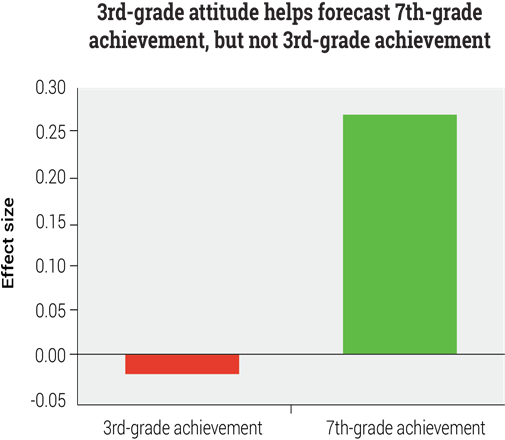Motivation and Reading Achievement and 7 Ways You Can Motivate YOUR Child to Read This Summer
As I mentioned in previous blogs, attitude, and motivation are keys to getting kids to read and keeping them reading. I don’t think that is surprising to anyone. However, what may be surprising is the level at which this matters, and the long-term outcomes. Several studies have found that motivation in the early years has a pronounced effect on students years later.
Two studies have examined the effects that a positive attitude has on reading achievement. A very interesting point is, which Watkins and Brookhart(2005) called the “temporal-interactive influence”. Essentially this simply means that motivation influences achievement more as time goes by. The effects of motivation are also cumulative.
Even if motivation does not seem to affect your child’s current reading achievement, it can have a significant impact on their future reading achievement.
Achievement in third grade was the best predictor of achievement in seventh grade—not surprising given the cumulative nature of learning. However, a student’s reading attitude at the beginning of third grade had significant power in forecasting achievement in the spring of seventh grade—almost five years later!
The study’s authors proposed that the relationship between reading attitude and reading achievement is a complex, long-term one. The connection between attitude and achievement grows over time and, by adolescence, reading attitude turns into an important determinant of reading achievement.
Additional results from 4th Grade
The second study (Martinez, Aricak, Jewell, 2008) looked at slightly older students. It found a significant positive relationship between reading attitudes in fourth grade and reading achievement in fourth and fifth grades.
The strongest attitude-achievement correlation was between a student’s reading attitude in fourth grade and their achievement in fifth grade, indicating there is a stronger relationship between current motivation and future achievement than between current motivation and current achievement.
Here are some ways to get your kids motivated to READ!
- Read! If we’re going to encourage kids to read, then we need to do it too. Read for pleasure, information, and instructions.
- Fill your home with books. Go to the library and fill up a tub with a variety of books and put it in your family room. Kids who grow up with books all around them learn to think of reading as an adventure of learning.
- Be a good reading “role model” for your kids Let them see you reading, and how much you enjoy reading books and magazines.
- Encourage your children to find new books on their own to read. We all love our children, but someday we want them to be independent thinkers and self-starters. So, while showing your children that books are a good way to build their interest level, know that a child who finds new books on their own can benefit from an increased sense of independence!
- Give kids a choice in what they want to read. Children are more likely to read when their interests are considered and they have control of how and what to read.
- Interactive Reading. Participate in interactive reading with your child. You read a page, and your child reads a page. Next, read a page together (simultaneously) as children need to practice building fluency. By reading aloud together, you are practicing how reading should sound. Use inflection (change your voice tone while engaged in the story). Soon your children will participate with you, emulating reading tone and inflection. Practicing interactive expressions will make the book come alive and enjoyable!
- Read Aloud to your children. One of my favorite parent books is Jim Trelease’s, The Read-Aloud Handbook discusses the benefits, the rewards, and the importance of reading aloud to children of a new generation.



